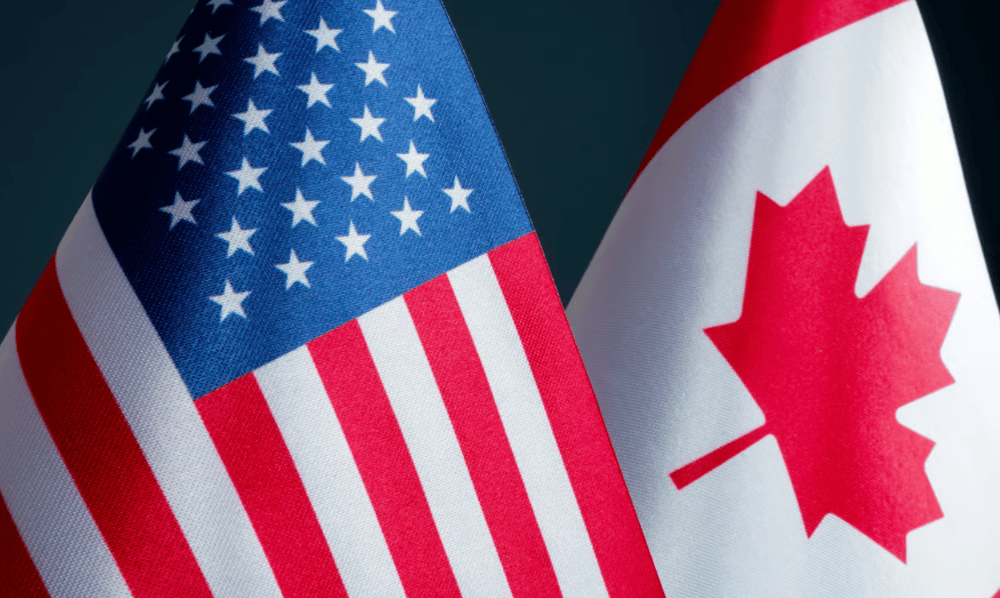A chaotic week could be ahead with uncertainty growing over what's in store for Canada on the tariff question

Confusion reigned on Monday morning as the Trump administration signalled it would be sending details to trade partners about tariffs set to come into effect on August 1, despite previously indicating its deadline for trade talks to end was this Wednesday (July 9).
It’s unclear where Canada stands in that mix, with representatives having previously suggested July 21 as the tentative cutoff point for a deal, although pressure is building on Canadian policymakers and businesses as trade uncertainty continues to ripple through key economic sectors.
While Trump has suggested that letters outlining new tariff rates will be sent to foreign governments this week, US officials say some deals may still be in the works.
“We’ll see,” Treasury secretary Scott Bessent said Sunday on CNN’s State of the Union. “I’m not going to give away the playbook.” He added that several announcements could be made in the coming days and reiterated that August 1 remains the date when new tariffs could take effect.
Canada not on the list – for now
Canada was not included in the April list of more than 150 countries facing immediate reciprocal tariffs of between 10% and over 40%. However, existing levies on Canadian steel, aluminum, and autos remain in place.
US ambassador Pete Hoekstra told CTV News on Friday that the United States won’t “just send a letter” to Canada. “Canada is one of our biggest trading partners,” he noted. “We’re going to have a deal that’s articulated.”
Talks between prime minister Mark Carney and President Trump resumed last week after Canada dropped its digital services tax. Carney said he expects a deal by July 21 or Canada will increase trade countermeasures. Hoekstra would not commit to a specific date but said a deal is within reach, describing the negotiation as “a great win-win.”
Experts warn of risks
Despite Canada’s exclusion from the April list, some trade experts remain concerned.
“What the president needs is a bunch of wins by July 9 because he needs to show that his strategy is working,” said Inu Manak, a fellow for trade policy at the Council on Foreign Relations, in an interview with CBC’s The House.
But the impact of a punishing trade war on Canada has long been noted, not least by Royal Bank of Canada (RBC) chief economist Frances Donald who described Trump's trade war upon its launch as "the most significant trade shock since the Smoot-Hawley tariffs of the 1930s."
In April, Bank of Canada governor Tiff Macklem also highlighted the potential for the trade war to trigger some of the biggest economic shock for over a century, while Canada Mortgage and Housing Corporation (CMHC) has mapped out possible housing market pain ahead in a trade war even if a meltdown isn't imminent.
How should Canada respond if trade talks with the US stall? Share your insights in the comments below.



